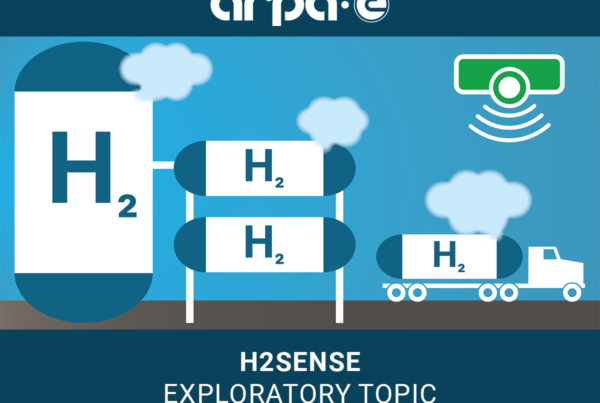
On January 2, 2024, the UK Secretary of State for Energy Security and Net Zero took a significant step in advancing the country’s hydrogen energy strategy by designating the Low Carbon Contracts Company Ltd (LCCC) as the counterparty for hydrogen production revenue support contracts. This initiative, made under Section 65(1) of the Energy Act 2023, aligns with the UK government’s broader plan to enhance sustainable, low-carbon hydrogen production as a key element of its energy transition efforts.
The Secretary’s decision, made in accordance with the transparency requirements of Section 81(3)(a) of the Act, is set to catalyze the financing and implementation of hydrogen projects across the UK. This move is instrumental in supporting the nation’s roadmap towards energy security and achieving net-zero carbon emissions.
Hydrogen has become a crucial component in the global move towards renewable energy sources. In response, the UK government has introduced various initiatives, including the Ten Point Plan and the Net Zero Hydrogen Fund (NZHF), to encourage investment in this emerging sector. The Hydrogen Business Model (HBM), featuring a Contracts for Difference mechanism, is aimed at providing consistent revenue support to hydrogen project developers. The UK is targeting to facilitate the production of 250 MW of green hydrogen by the end of 2025.
Internationally, the US Department of the Treasury and the Internal Revenue Service (IRS) are also focusing on clean hydrogen production. They have proposed regulations under Sections 45V and 48 a 15 of the Internal Revenue Code, providing guidelines for clean hydrogen production credits, including the computation of 45V credits. Concurrently, China Petroleum & Chemical Corp. has announced that their Kuqa green hydrogen project, anticipated to be the world’s largest, is expected to be fully operational by the fourth quarter of 2025, despite delays due to technological challenges.
Read the most up to date Fuel Cell and Hydrogen Industry news at FuelCellsWorks




